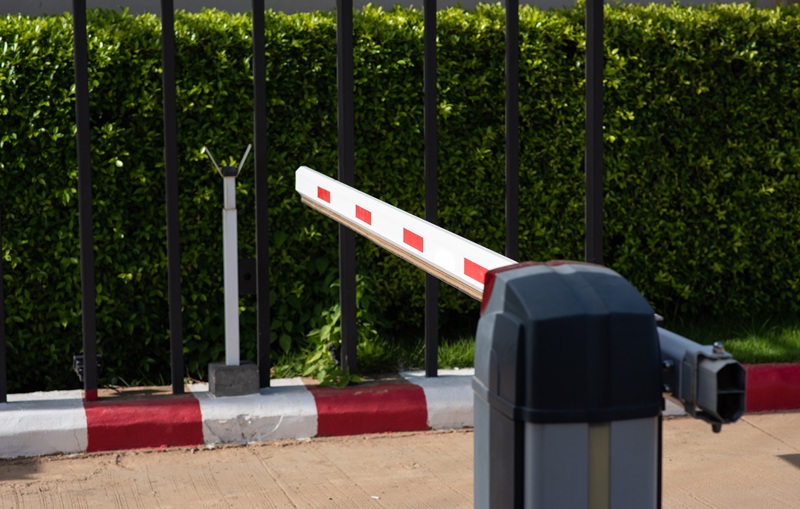In response to proposed amendments concerning the closure of suburban roads, the City of Johannesburg has invited public participation. The Security Access Restrictions Policy, originally enacted in 2014, governs how road closures may be implemented. However, evolving urban circumstances have prompted a need to revise this policy.
Under the current policy, the use of automated security mechanisms is not permitted, and pedestrian gates at permanently locked entrances must remain accessible 24 hours a day. These form the two primary updates that have been tabled.
Additional suggested changes cover matters such as the introduction of tariffs payable to the City for overseeing the closures, ensuring emergency vehicles retain access, and streamlining the application procedures.
Some stakeholders have argued that, due to the rise in crime in certain neighbourhoods, automated systems enhance security in gated areas. They believe the existing policy does not adequately reflect this benefit. As a result, the proposed amendments now include provisions that would allow the installation of automated security systems, provided certain requirements are fulfilled.

These requirements stipulate that any automated barrier must span the full width of the road and must be accessible to persons with disabilities. Furthermore, the use of automation must not limit access to any individual, and some form of manual oversight must be included. If an automated system fails to allow appropriate access, the City reserves the right to revoke any approvals that were granted for its installation.
In circumstances where pedestrian gates are closed overnight, exceptions may now be requested. If a pedestrian gate is situated within 300 metres of a staffed boom gate and is located near areas considered high risk—such as highways, informal settlements, or natural watercourses—then applicants may submit a justification for locking the gate. Nevertheless, locking pedestrian access points is considered a significant step, and the City will only consider such requests if compelling evidence is provided that these gates have been exploited for criminal activity.
These revisions also acknowledge the importance of accommodating both pedestrians and cyclists. Before any closure schedule can be finalised, the proposed times for shutting pedestrian gates will need to be inspected and approved by City officials on-site.
The aim of the amendments is to cause as little disruption as possible for road users, while also addressing the safety concerns of residents—striving to strike a reasonable balance between personal security and freedom of movement.
All property owners within the proposed enclosed area are given adequate notice and time to provide feedback on the closure. The City takes all submissions into account before reaching a final verdict. If approved, conditions and guidelines will be issued to ensure that everyone’s rights are upheld.
Ultimately, the City assesses all perspectives in an effort to reach a fair outcome for all parties. That said, the City does not endorse policies resembling spatial segregation, and any application for a security closure will be denied unless a verified crime problem exists in the area—confirmed by crime statistics from the South African Police Service (SAPS).
VDM Attorneys – Property Lawyers in Sandton
VDM Attorneys offers legal guidance on security access restrictions and road closures in residential areas, with a focus on ensuring full compliance with Johannesburg’s latest policy requirements. We assist clients with the preparation and review of closure applications, assessments of legal viability, and responses to City-imposed conditions or objections. Our team ensures that all procedural and statutory obligations are properly met, safeguarding both the enforceability of the closure and the rights of affected stakeholders.